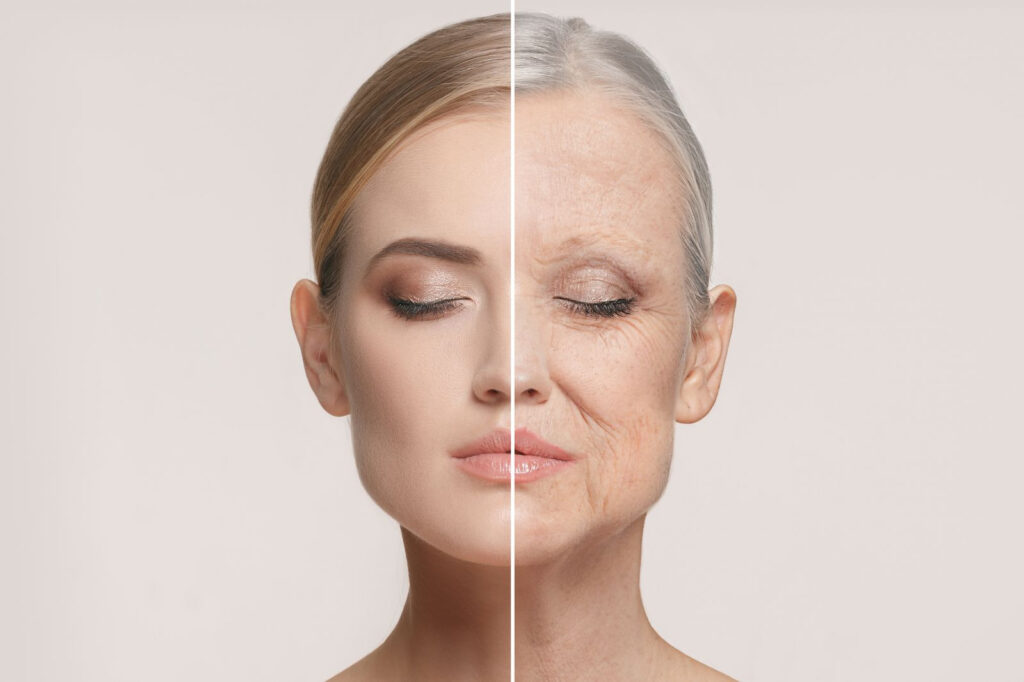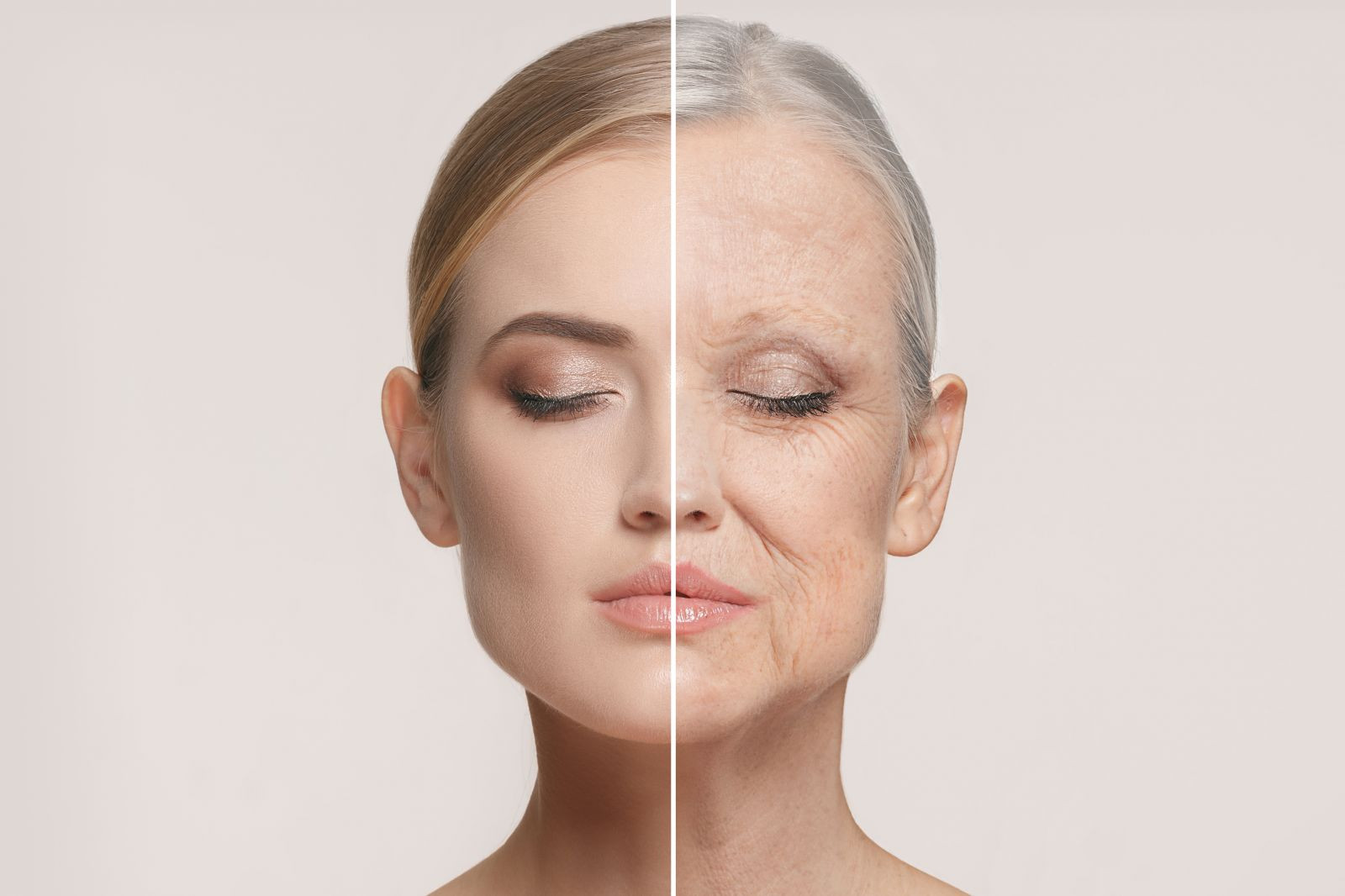Understanding the factors that contribute to aging is crucial for maintaining a youthful appearance and optimal health. Often, we overlook certain habits that accelerate the aging process.
In this article, we’ll delve into 6 lesser-known habits you didn’t know were aging you, and the importance of recognizing and addressing them.

Understanding Aging Habits
What are aging habits?
Aging habits are lifestyle choices or behaviors that, over time, contribute to premature aging of the body and mind. These habits can manifest in various aspects of daily life, impacting overall health and appearance.
How do they affect your appearance and health?
These habits affect the body on a cellular level, leading to oxidative stress, inflammation, and damage to tissues and organs. This can result in visible signs of aging such as wrinkles, sagging skin, and dull complexion.
Additionally, aging habits can increase the risk of chronic diseases like heart disease, diabetes, and cancer.
Common misconceptions about aging
There are several misconceptions about aging, such as it being solely determined by genetics or inevitable with time. While genetics play a role, lifestyle factors like diet, exercise, and stress management have a significant impact on how we age.
By addressing these habits, we can slow down the aging process and improve overall well-being.
Habit 1: Lack of Sleep

1.1 The role of sleep in rejuvenating the body
Sleep is essential for cellular repair, hormone regulation, and cognitive function. During sleep, the body undergoes processes that repair and regenerate tissues, including the skin.
Adequate sleep is crucial for maintaining a youthful appearance and optimal health.
1.2 Effects of sleep deprivation on aging
Chronic sleep deprivation can lead to increased levels of stress hormones like cortisol, which accelerates aging. It also impairs collagen production, leading to skin aging, dark circles, and puffiness around the eyes.
Additionally, lack of sleep weakens the immune system, making the body more susceptible to illness and disease.
1.3 Tips for improving sleep quality
To improve sleep quality, establish a consistent sleep schedule, create a relaxing bedtime routine, and optimize your sleep environment.
Avoid stimulants like caffeine and electronics before bed, and practice relaxation techniques such as meditation or deep breathing exercises.
Habit 2: Poor Nutrition
2.1 Impact of diet on aging
The food we eat provides the building blocks for cellular function and repair. A poor diet lacking in essential nutrients can accelerate aging by promoting inflammation, oxidative stress, and cellular damage.
2.2 Foods that accelerate aging
Processed foods high in sugar, unhealthy fats, and artificial additives contribute to inflammation and oxidative stress, leading to premature aging.
Additionally, excessive consumption of alcohol and sugary beverages can dehydrate the skin and impair collagen production.
2.3 Anti-aging diet tips and superfoods
Opt for a diet rich in whole foods such as fruits, vegetables, lean proteins, and healthy fats. Include antioxidant-rich foods like berries, leafy greens, and nuts, which combat free radical damage and promote youthful skin.
Superfoods like avocado, salmon, and chia seeds are also beneficial for skin health and overall well-being.
Habit 3: Sedentary Lifestyle
3.1 How sitting affects aging
Prolonged sitting has been linked to various health issues, including obesity, cardiovascular disease, and musculoskeletal problems.
It also accelerates aging by slowing down metabolism and reducing circulation, leading to decreased oxygen and nutrient delivery to cells.
3.2 Importance of regular physical activity
Regular exercise is essential for maintaining muscle mass, bone density, and cardiovascular health. It also promotes circulation, delivering oxygen and nutrients to the skin for a healthy, youthful glow. Incorporating physical activity into your daily routine can slow down the aging process and improve overall vitality.
3.3 Simple ways to incorporate exercise into your daily routine
Find activities you enjoy, whether it’s walking, cycling, dancing, or yoga, and aim for at least 30 minutes of moderate-intensity exercise most days of the week. Take breaks from sitting every hour, stretch regularly, and incorporate strength training exercises to maintain muscle strength and flexibility.
Habit 4: Excessive Sun Exposure
4.1 Damage caused by UV rays
Exposure to ultraviolet (UV) rays from the sun accelerates aging by causing DNA damage, collagen breakdown, and the formation of free radicals.
This leads to wrinkles, sunspots, and an increased risk of skin cancer.
4.2 Importance of sun protection
Protecting your skin from the sun’s harmful rays is essential for preventing premature aging and reducing the risk of skin cancer.
Wear sunscreen with broad-spectrum protection and an SPF of 30 or higher, even on cloudy days. Additionally, seek shade, wear protective clothing, and avoid sun exposure during peak hours.
4.3 Tips for preventing sun damage and premature aging
In addition to sunscreen, wear sunglasses to protect your eyes from UV rays, and use lip balm with SPF to prevent sunburn.
Reapply sunscreen every two hours, especially after swimming or sweating, and regularly check your skin for signs of skin cancer.
Habit 5: Stress and Anxiety
5.1 Effects of stress on aging
Chronic stress accelerates aging by increasing levels of cortisol and other stress hormones, which can lead to inflammation, weakened immunity, and impaired cellular repair. It also affects sleep quality, eating habits, and overall well-being.
5.2 Techniques for stress management
Practice stress-reducing techniques such as mindfulness meditation, deep breathing exercises, and progressive muscle relaxation.
Engage in activities you enjoy, spend time in nature, and prioritize self-care to alleviate stress and promote relaxation.
5.3 Importance of mindfulness and relaxation
Mindfulness meditation promotes awareness of the present moment and helps reduce stress and anxiety.
By cultivating mindfulness, you can better manage your emotions, thoughts, and reactions to stressful situations, leading to improved overall well-being and a more youthful outlook on life.
Habit 6: Neglecting Skincare
6.1 The importance of skincare in aging prevention
A consistent skincare routine is essential for maintaining healthy, youthful-looking skin. Neglecting skincare can lead to premature aging, including wrinkles, sagging, and uneven skin tone.
6.2 Common skincare mistakes
Using harsh products, skipping sunscreen, and neglecting hydration are common skincare mistakes that can accelerate aging.
Over-exfoliating, using hot water, and sleeping in makeup can also damage the skin’s barrier and lead to irritation and premature aging.
6.3 Essential skincare routine for youthful skin
Cleanse your skin twice daily with a gentle cleanser, followed by a hydrating toner to balance pH levels. Apply a moisturizer with SPF in the morning to protect against UV damage, and use a separate night cream to replenish moisture and repair the skin while you sleep.
Incorporate serums with antioxidants, retinol, and hyaluronic acid to target specific skin concerns and promote cellular renewal.
Conclusion
In conclusion, recognizing and addressing these six aging habits is essential for maintaining a youthful appearance and optimal health. By prioritizing sleep, nutrition, physical activity, sun protection, stress management, and skincare, you can slow down the aging process and age gracefully.
Make small, sustainable changes to your lifestyle, and embrace the journey to a healthier, more youthful future. Remember, it’s never too late to start taking care of yourself and prioritizing your well-being.
